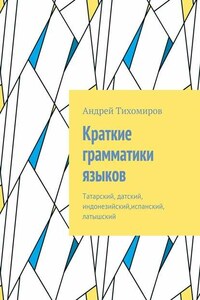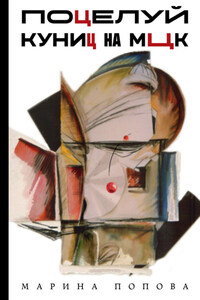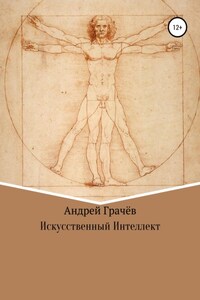Research on family relations
Anthropologist Lewis Henry Morgan (1818-1881) conducted the first review of kinship terminology used worldwide. Although much of his work is now considered outdated, he argued that kinship terminology reflects different sets of differences. For example, most kinship terminology distinguishes between the sexes (the difference between brother and sister) and between generations (the difference between child and parent). Moreover, he argued that kinship terminology distinguishes between blood relatives and marriage, although some anthropologists have argued that in many societies kinship is defined not only by the terms "blood".
Early researchers of family history applied Darwin's biological theory of evolution in their theory of the evolution of family systems. Morgan published the book Ancient Society in 1877, based on his theory of the three stages of human progress from savagery through barbarism to civilization. Morgan's book served as "a source of inspiration for Friedrich Engels' book The Origin of the Family, Private Property and the State, published in 1884. Engels expanded Morgan's hypothesis that economic factors caused the transformation of a primitive community into a society divided into classes. The general pattern of family development in the primitive era consists in "the continuous narrowing of the circle that initially covers the entire tribe and within which the marital community between both sexes prevails" (Engels F., The origin of the family, private property and the state, Politizdat, Moscow, 1953, p. 46). The theory of resource control by Engels, and later by Karl Marx, was used to explain the causes and consequences of changes in the structure and functions of the family. Morgan distinguished between kinship systems that use classification terminology and those that use descriptive terminology. Classification systems are usually understood as those that combine relatives in one term, who actually do not have the same type of relationship to the ego. What defines kinship of the same type according to such definitions seems to be genealogical kinship. This is problematic, given that in any genealogical description, no matter how standardized it is, words originating from the popular understanding of kinship are used. What Morgan's terminology actually distinguishes are those (classification) kinship systems that do not distinguish between direct and collateral relationships, and those (descriptive) kinship systems that do. Morgan, a lawyer, came to this distinction while trying to understand Seneca's inheritance practices. The property of a Seneca man was inherited by his sisters' children, not his own children.










